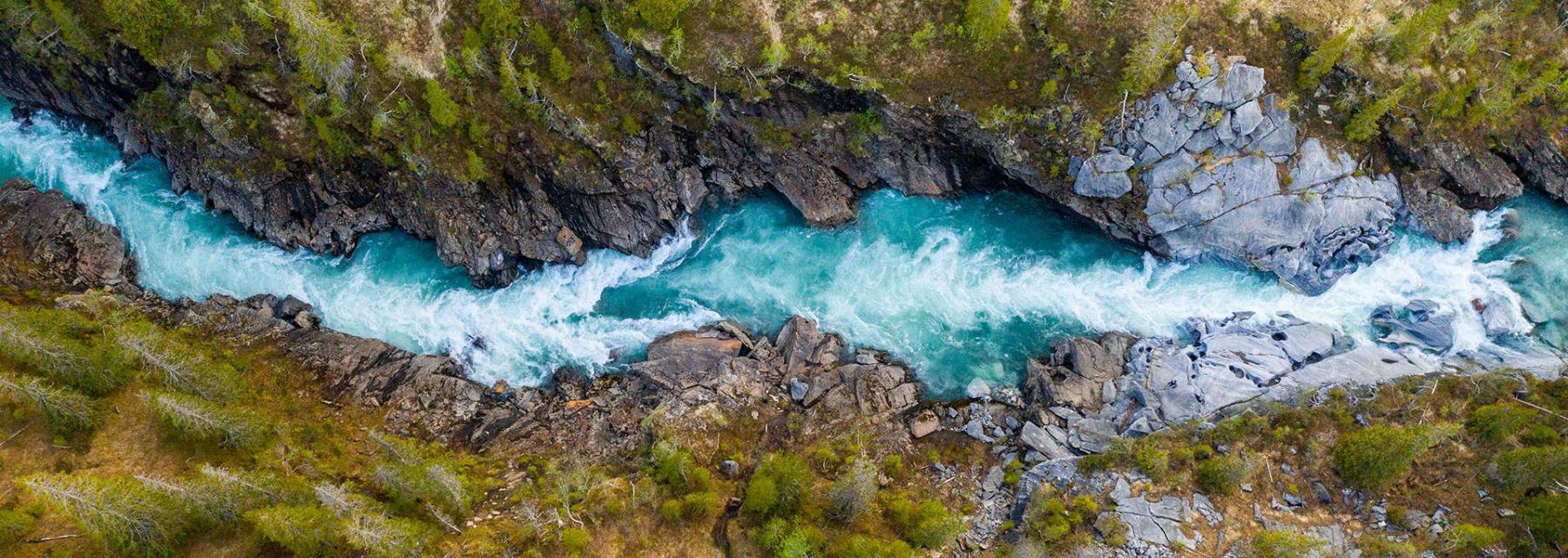
Hydrochemical Analysis of the Natural Waterbodies in the Grand Canyon State (Arizona)
by Michael Angelo De La Cruz
A lesson to teach students how to collect, organize, interpret data, make inferences, raise awareness, and suggest possible solutions on the water quality of the waterbodies in the state of Arizona.
Lesson Plan Link/URL
https://docs.google.com/presentation/d/1vKBQbkIideZbGoQK9d9_En3N3VpTVt-M/edit?u…Subject Area
Science Physical Science P1: Matter Earth and Space Science E1: Earth Systems Technology 1. Empowered Learner 2. Digital Citizen 3. Knowledge Constructor 5. Computational Thinker 6. Creative Communicator 7. Global Collaborator Mathematics Measurement and Data (MD) Ratio and Proportion (RP) Statistics and Probability (SP) Number & Quantity (N) English Language Arts (ELA) Reading (Literature) Reading (Informational Text) Writing
Featured
Off
Related Content

Grades:
8th Grade, 9th Grade, 10th Grade, 11th Grade, 12th Grade
A lesson designed for an engineering course but that can be used in a science course where we investigate the physics of waves and how it can be applied to the world of art. Students will design and

Grades:
7th Grade, 8th Grade, 9th Grade, 10th Grade, 11th Grade, 12th Grade
Students will combine science and art by using an alternative photographic process called cyanotypes or sun prints. After a short introduction to the history of cyanotypes and the process of creating

Grades:
8th Grade, 9th Grade, 10th Grade, 11th Grade, 12th Grade
Over the course of three class sessions, spanning 90 minutes each, students will engage in an immersive project focusing on the outdoor air quality prevalent in four states situated in the

